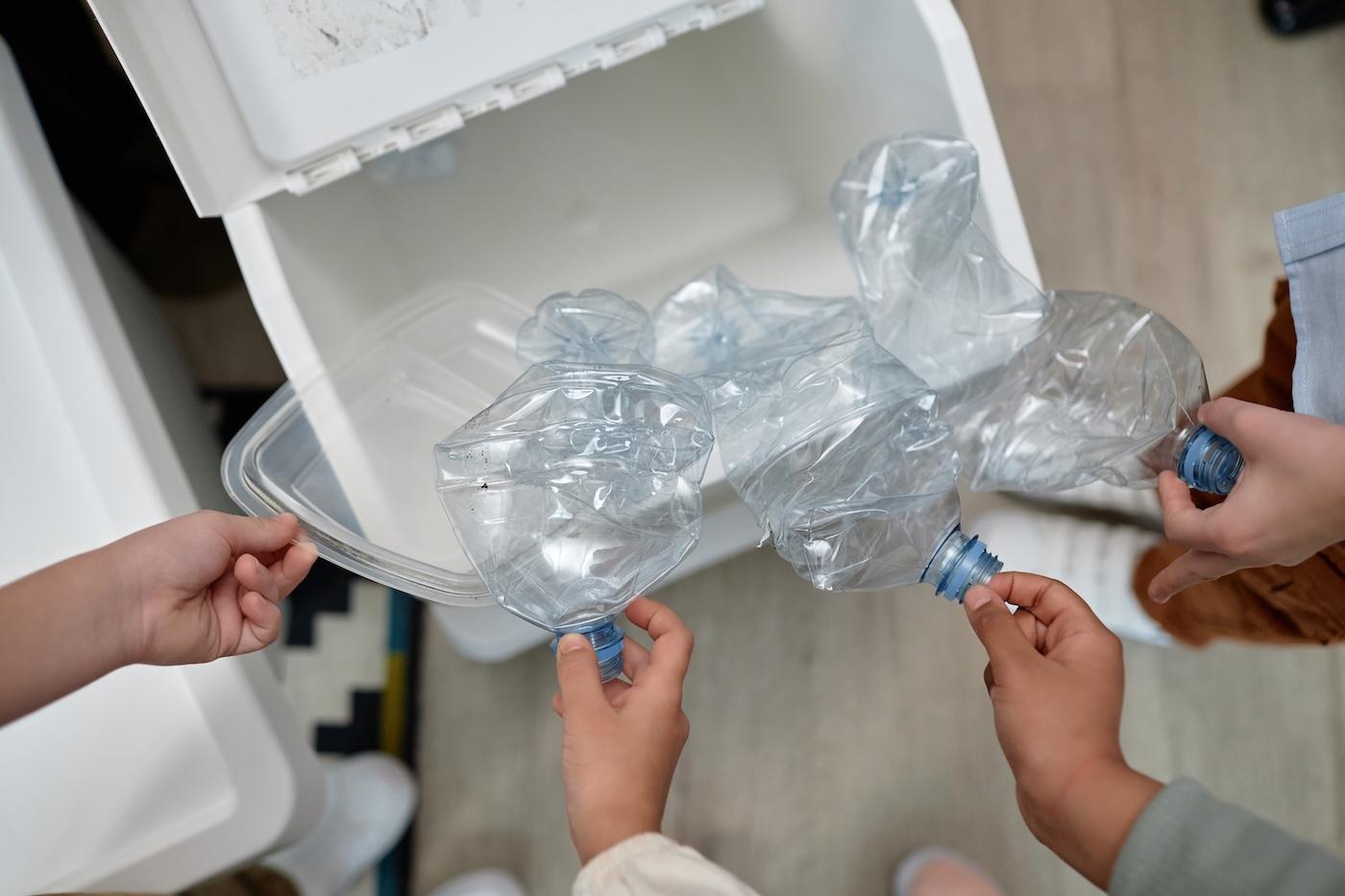PARENTS
How to Set Boundaries with Grandparents
It can be a tricky balance, welcoming your parents and in-laws into your children’s lives while also getting them to respect your way of doing things.

Written by
Happiest Baby Staff

When you’re in the throes of parenting young children, grandparents can be a lifeline, pitching in, sharing their experience, and showering your littles with unconditional love. Of course, grandparents can also drive you crazy—spoiling your kids, hopping them up on sugar, and totally disregarding your parenting rules!
It can be a tricky balance, welcoming your parents and in-laws into your children’s lives while also getting them to respect your way of doing things at home. The best way to avoid communication breakdowns and festering resentment is to set healthy boundaries, the sooner the better.
Make your expectations known.
Even your own parents can’t read your mind, so it’s important to communicate. If you’re someone who welcomes a spontaneous drop-in, give Grandma a house key and tell her how much her presence helps break up the monotony of your day. If you’d rather not be surprised by unexpected grandparent visits, plan your monthly calendar together, setting aside time for family meals, outings, and celebrations.
Explain your choices.
Sure, grandparents are experts at raising kids, but a lot has changed since they were actively parenting. Chances are, you’ll need to patiently explain why new babies need to sleep on their backs, not their stomachs. Why your crawling baby doesn’t need to wear shoes just yet, no matter how cute they were in the store. And why yes, you’d rather pay two dollars more for organic fruit because the pesticides really freak you out. Grandparents may roll their eyes at some of the 21st century parenting methods, but if you take the time to explain, at least they’ll understand where you’re coming from.
Create new traditions.
Grandparents—who may have been waiting years for this opportunity to have grandchildren—sometimes have hopes and dreams that can’t be fulfilled in exactly the way they imagined. Say they’re desperate for a sleepover at their house, but you’re still exclusively breastfeeding. Work together to help them build that special relationship in a way that’s comfortable for you. Overnights might not work, but a weekly stroller walk to the public library could be perfect.
Pick your battles.
It’s unrealistic to expect the grandparents to behave like paid babysitters following a checklist. They’ll need some free rein to create their own dynamic with your kids. If it’s important that they respect your toddler’s nap time, hold that line. But ease up on less essential rules. Maybe it’s okay for the kiddos to enjoy extra dessert or a weeknight movie when in the grandparents’ care. Kids can understand that there are different rules for Mom’s house and Grandpa’s house.
Ask about their boundaries.
The relationship isn’t a one-way street. Find out what the grandparents need from you to make visits successful. For example, your in-laws might be more sensitive to mess or noise than you are, and knowing that, you can prep your kids accordingly. Or your mom might love babysitting during the day but prefer not to drive home in the dark. Respecting grandparents’ boundaries will help them respect yours.
Show appreciation.
It also never hurts to say thank you! Grandparents get a lot of joy out of spending time with their grandchildren, but it’s still tiring, because, you know, kids. Make sure they know how much you care and how important they are to your family. FaceTime on holidays when you’re not together, have the kids mail notes and artwork, and include Gram and Gramps in both the special (recitals, graduations) and the mundane (brunch, park) when you can.
Communicating openly and setting boundaries with grandparents will help make your multi-generational family functional and rewarding for a long time to come.
Disclaimer: The information on our site is NOT medical advice for any specific person or condition. It is only meant as general information. If you have any medical questions and concerns about your child or yourself, please contact your health provider.
SHARE THIS ARTICLE
MOST LOVED
Sleepytime Sidekicks












